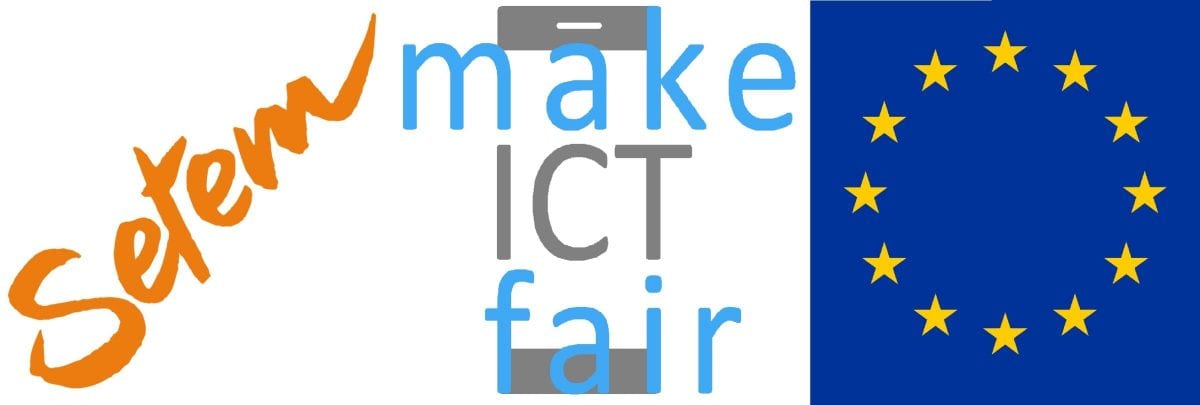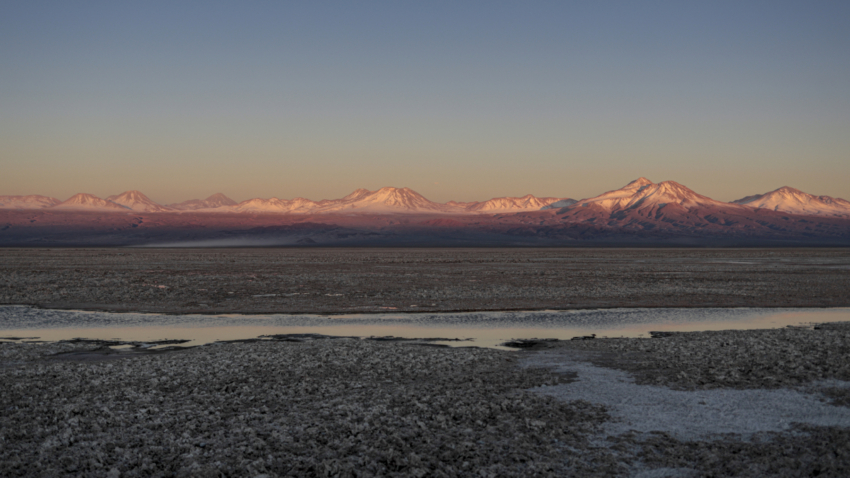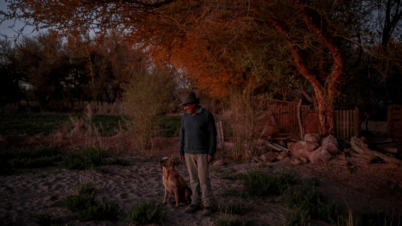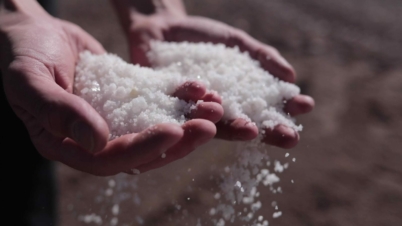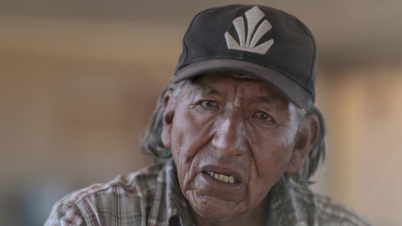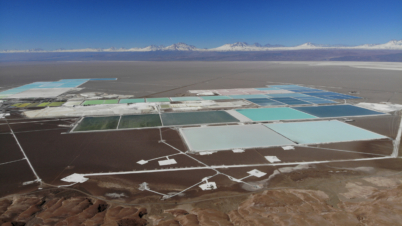In 2019 the Nobel Prize in Chemistry was handed to John Goodenough, Stanley Whittingham and Akira Yoshino for the development of the lithium-ion battery - amongst other things, because it enables electric vehicles and mega batteries that can “store significant amounts of energy from solar and wind power, making possible a fossil fuel-free society.”
Such a transition to low-carbon technologies however fuels new demands for particular minerals used in for example solar panels, wind turbines and batteries.
Many scientists say that more mineral extraction for renewables is without a doubt preferable to a continued dependence on fossil fuels.
Nevertheless, the costs of extracting new groups of minerals for renewables become more evident as global demands rise.
Lithium is mined in various ways around the world, each with appertaining risks and drawbacks. Out of the top five lithium producing companies, all five have human rights allegations against them according to the Business and Human Rights Resource Center.
In Australia and North America, lithium is extracted from rock but requires the use of chemicals which have led to pollution of water resources in the US. In Tibet, a Chinese lithium mine has caused environmental pollution resulting in fish dying in nearby rivers.
In Chile, Argentina and Bolivia, lithium is extracted from subterranean brine deposits. The main environmental problem in this regard is the massive use of water resources from arid areas.
While scientists are optimistic about finding alternatives to other harmful components of lithium-ion batteries, such as cobalt, alternatives to lithium seem to have long prospects. A lot of research is however currently done on the potential reuse of lithium-ion batteries. Only very few rechargeable batteries are being recycled today.
Sources: Nobelprize.org, Business and Human Rights Resource Center, The Verge, Washington Post, Wired, Friends of the Earth, Danwatch
